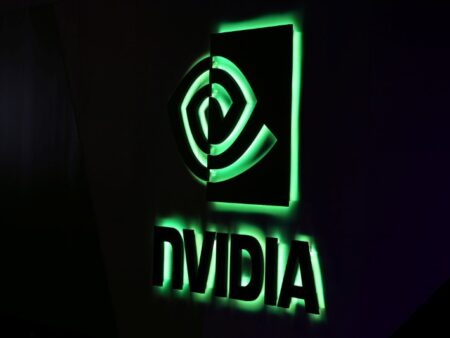Investing.com – Generative AI DevOps and security cloud specialist, Accelchain, has received a Decentralized Futures Grant to further develop its platform for decentralized applications (dApps) within the ecosystem.
The grant will support the integration of Accelchain’s platform with Substrate, a framework used for building decentralized applications in Polkadot. The process allows developers to create and deploy Substrate-based dApps without writing code, Accelchain said in a statement.
Accelchain plans to expand its community by targeting developers and enterprise partners. The company has formed partnerships with node providers like Google (NASDAQ:) Cloud and is running developer acquisition programs at universities and DAOs.
Accelchain, which launched its no-code platform in October 2023, currently has around 2,000 developers using its platform and expects that number to grow to 20,000 by the end of 2024. The platform uses Large Language Models (LLMs) to generate dApps based on user requirements, validate business logic, and secure applications during runtime.
The company also noted that the platform’s AI model can detect and block malicious transactions in real-time. This feature protects Web3 applications from exploits such as front-running and sandwich attacks.
Founded by Krishna Srinivasan and Ram Shanmugam, Accelchain has laid out a roadmap focusing on achieving Polkadot compatibility and expanding its developer community through workshops and hackathons, the statement added.
Srinivasan and Shanmugam previously co-founded AutonomIQ, a generative AI software testing platform acquired by Sauce Labs. The Accelchain team also includes former employees of Google and ServiceNow (NYSE:).
The Web3 Foundation is offering a 10 million DOT prize pool, worth around $65 million, to back the rollout of the Join-Accumulate Machine (JAM) upgrade in the Polkadot ecosystem. This initiative builds a decentralized network that can handle diverse computational tasks within the ecosystem.
To participate, entrants must meet certain criteria, such as importing and producing blocks, meeting performance benchmarks on Kusama and Polkadot, and passing security checks.

















